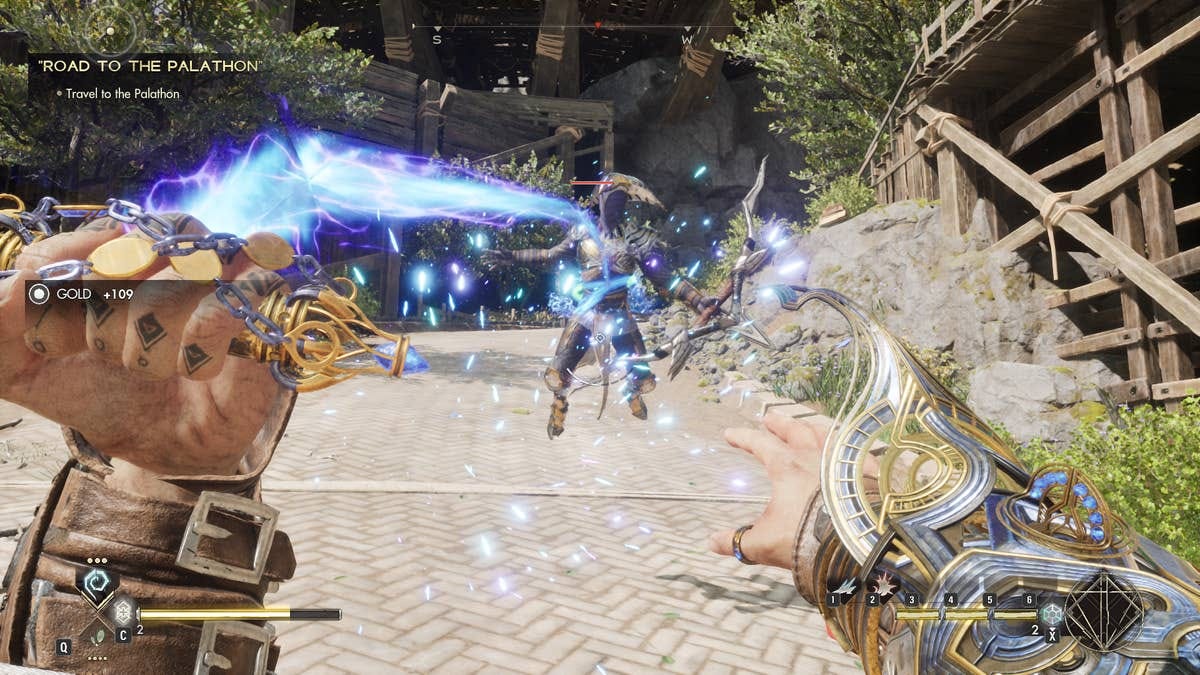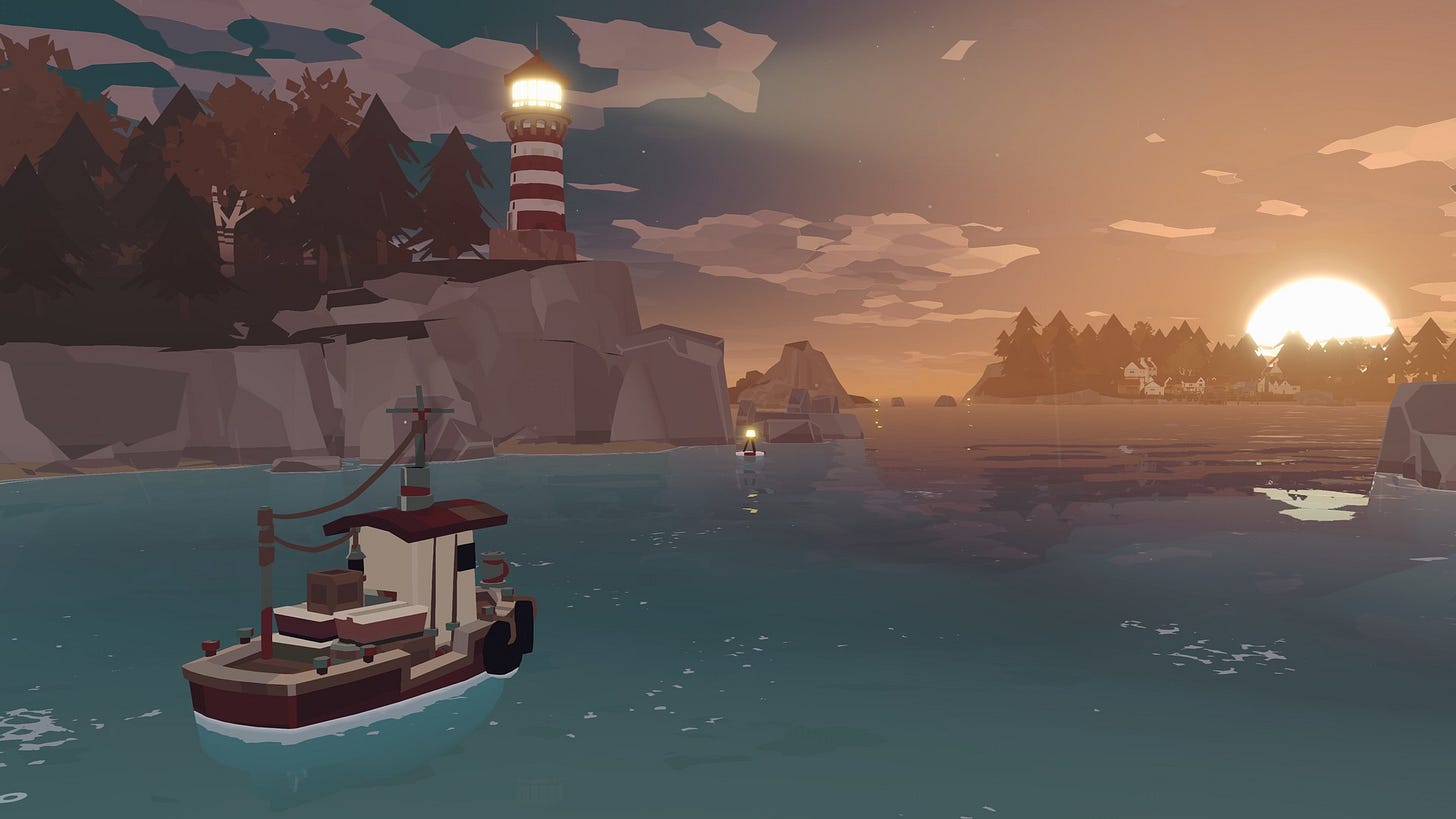Is your idea for the game worth making?
Before spending months or even years on making a game, it would be nice to know if all this blood, sweat, and tears is worth the result.
That’s not really possible, but there are a few questions you better ask yourself before deciding if your idea is worth turning into a full-fledged game.
I need to ask them myself, too, as I’m starting a new project after hours.
What do you want to achieve by making this game?
It’s the first and most important question you can ask yourself before committing to making the game. The answers to all other questions depend on that one.
For example, it doesn’t matter if your game is marketable if you just want to make it to learn the engine and don’t plan to sell it.
There might be plenty of possible motivations to make a game:
Learning craft
Become famous
Earning money
Persuade people to think about a particular issue
Explore your creativity
Working out your personal traumas or feelings
Probably everybody has their own mix of motivations. However, it’s beneficial to choose the main goal to serve you as a lighthouse during development and ultimately as an indicator of how much you succeed. Not for rating yourself but for learning from your mistakes and doing the next project better.

GOALS OF MY PROJECT:
First of all, I want to make a game that I could say was made 100% according to my vision. Game development is usually a teamwork which is often beneficial for the quality of the game. But the larger the team, the more compromises and dependieces from other people during development. Besides, I started working in gamedev in 2016, and despite working on 8 different projects, I cannot say that any game that was actually finished and released was my own.
Finished. That's the second keyword. I have a tendency to start projects, and I get excited about fresh ideas, but I struggle to finish what I’ve started. I know that’s a common tendency among people who work in creative businesses, but I believe this fallacy can be managed with a proper scale and organization.
So, my main goal is to make and release a game on my own. It needs to be really small so I can make it relatively quickly (after hours of my regular job) and learn how to finish and ship projects.
What are your capabilities?
Your goal might be ambitious, but you need to consider your capabilities. Are you working on the project solo or with a team? How much time do you have? Do you have any money?
This question is not only about limitations but also your strengths. What are your skills? What are you best at? You should choose your project to emphasize your strengths and mitigate your weak sides.
Be careful with the scale because you underestimate how much work it actually takes to finish something. How can I be so sure? It’s our common human bias. It’s called the planning fallacy and was first described by Daniel Kahneman and Amos Tversky in 1979. You can read some strategies to avoid it to some extent (like dividing planning work into smaller pieces), but the main point is to assume that making a game will take more time than you think.

“We’re working third year on our three-month project”—such jokes are quite common among game developers for a reason.
So, better start small than fool yourself into thinking your idea for an open-world RPG will take 12 months to develop.
MY CAPABILITIES:
My main skill, except for game design, is writing, so I decided to go fully in this direction. Making a text-only game (so-called interactive fiction) in which players can choose different actions or dialogue lines suits my strengths and goals (something easy to finish with full creative control).

My idea for the game assumes that it will be a collection of short stories showing different people's perspectives on one global event. This will allow me to divide the work into smaller chunks while developing a bigger story arc with every episode.
It makes the initial goal even simpler—just to finish the first story, which could serve as proof of concept. Depending on how difficult it would be to write the first story, I can adjust the scope for the rest of the game.
I decided to use Twine, a free, open-source tool for interactive, non-linear stories. It’s easy to use at the basic level but looks powerful enough to allow adding more features in case I will want to increase scope in the future.
What is beyond my capabilities?
Unfortunately, English isn’t my native language, so I would like to use a professional translator or proofreader to ensure that the text is at least as good to read as in Polish.
I think that using art illustrations, sound effects, and music would benefit the game and help reach a wider audience. However, I don’t want to commit to it before making at least most of the game because it would enlarge the scope and may distract me from the main goal (again, finish!).
What are you passionate about?
The process of making the game has a decent amount of low points when it’s easy to get stuck and eventually drop the project. It’s easier if you are deeply passionate about some element of the game.
It might be genre, setting, or even a particular mechanic - anything that works for you.
Games are a really versatile medium, and even if your passion doesn’t have much in common with digital entertainment, it can serve as fuel to make your game truly outstanding.
The Legend of Zelda was inspired by exploring caves. The profession of the main hero in Death Stranding actually exists in Japan. There was not a topic too niche for making a simulation game out of it (which proves the portfolio of PlayWay publisher or the success of Supermarket Simulator that I described here).

Combining two or three unusual topics may be a really powerful move. Scott Adams, creator of Dibbler comics, says that his secret recipe for success is to learn how to be good at two or three different disciplines instead of trying to be the best in one. And that speaks to me a lot.
Let’s take Dredge, my favorite indie game in 2023, as an example. Making a successful fishing game is difficult; there are already dozens of them. The same goes with adapting the Lovecraft vibe to video games—there is probably no other writer who has the tag on Steam after his name (“Lovecraftian”) because there are so many games inspired by his works. But Dredge, being a twisted fishing horror, instantly became incomparably more unique than games belonging to only one category mentioned above.
WHAT I AM PASSIONATE ABOUT IN MY PROJECT
I’m a fan of sci-fi, especially Phillip K. Dick books, so exploring this genre and taking inspiration from stories I love will be the source of my motivation.
I am also interested in storytelling, and the interactive fiction genre will allow me to experiment with a new form of narrative, different from linear structures known from books or movies.
Last but not least, psychology and what makes one’s identity is also a fascinating topic for me, so the main topic of the story will be what makes you a real "you."
By combining all of this, I believe I can make something quite unique and fresh.
Is there a place on the market for your game?
Choosing a genre and topic for your game is probably the most important marketing action you take during the whole development.
Unless, of course, you’re from EA or another company with millions to spend on marketing. But even such resourceful companies may fail when they choose a topic and genre that doesn’t resonate with people enough.

Of course, it’s not about chasing hot trends, but analyzing the market before making a decision may help you tremendously in making your project financially profitable.
It sounds scary, but there is a ton of invaluable knowledge you can learn by reading The GameDiscoverCo newsletter or How To Market A Game blog.
If your main platform is Steam, you may use one of the many tools that analyze sales data in this store (based on the number of reviews, followers, or concurrent players).
An interesting move to start with is to use Game-Stats.com to check median revenue for particular tags on Steam, which may give you an idea of how profitable more a less is given genre or topic.
Besides, it’s a good idea to look for games similar to your idea. First, see how they are doing regarding sales. Then, learn from their mistakes and see what makes them attractive.
Other websites that you may find useful are:
MARKETABILITY OF MY PROJECT:
The main goal of my project isn’t a commercial one—I don’t expect to earn money on it. I intend to keep costs low, keep my financial risk small, and treat any profit as a pleasant surprise.
The genre itself isn’t especially profitable, but there are a few exceptions—games that sold really well despite being based mainly on text. I plan to make a separate post about this topic, but what I wanted to underline is that they somehow transcend their genre and offer something more than just choosing dialogue options.
My strategy for providing such a twist is to present dialogues as challenges. You will be able to lose and hopefully have tense, interesting confrontations. I hope that I can introduce some simple mechanics that will make the experience feel more like a game than “just” an interactive story. Again, more on that in the future.
What is your game's meaning?
Not all the games need to be ambitious. But as a creator, you will spend at least hundreds, probably thousands, of hours on your game. You better know what this game means for you and, ultimately, for your audience.
Your game will impact other people. Maybe you just want people to have a great, careless time. Maybe you want to raise awareness on a social matter that is important to you. Or it’s just important for you, and you need to make this game to process your inner feelings and personal experiences.
All answers are good. Just take time to think about one.
MY PROJECT MEANING:
Creating the game myself will be important for my self-confidence and help to fight my inner impostor syndrome. I also would like to write about topics that puzzle me, so I hope it will allow me to self-analyze some of my feelings and thoughts.
Besides, I would like this game to be thought-provoking about a particular topic, which I think is particularly important nowadays.
It all sounds vague at the moment, but I don’t want to spoil it too soon!
***
That’s all for today! This post was a little bit different than usual. My idea was to describe the first stage of my development process while showing a few more universal tips that can be applied to your ideas. I intend to make it a series published every two weeks (interwoven with “normal” posts about varied topics) summarizing my progress and describing what I’ve learned.
Let me know if you like this idea!





